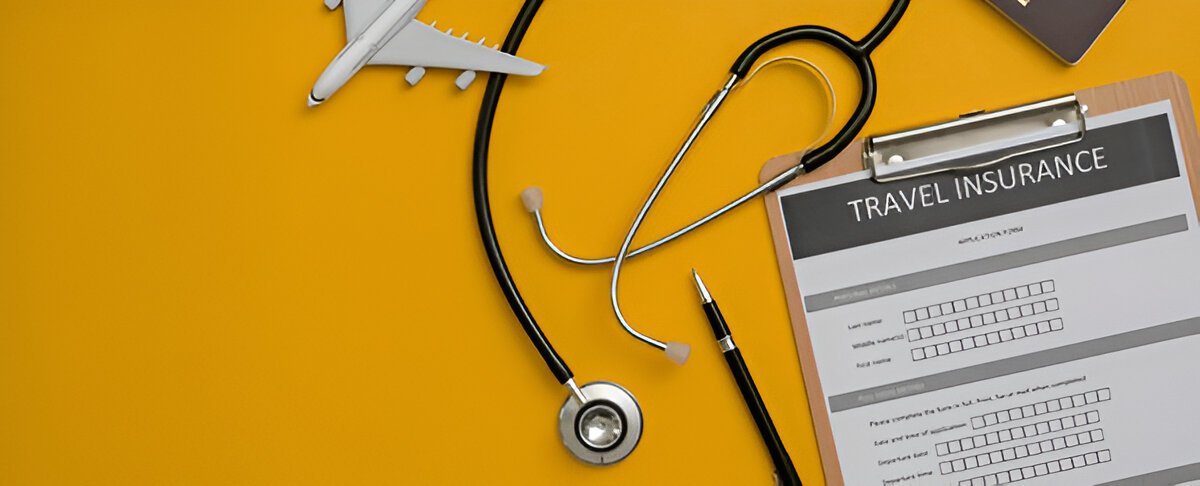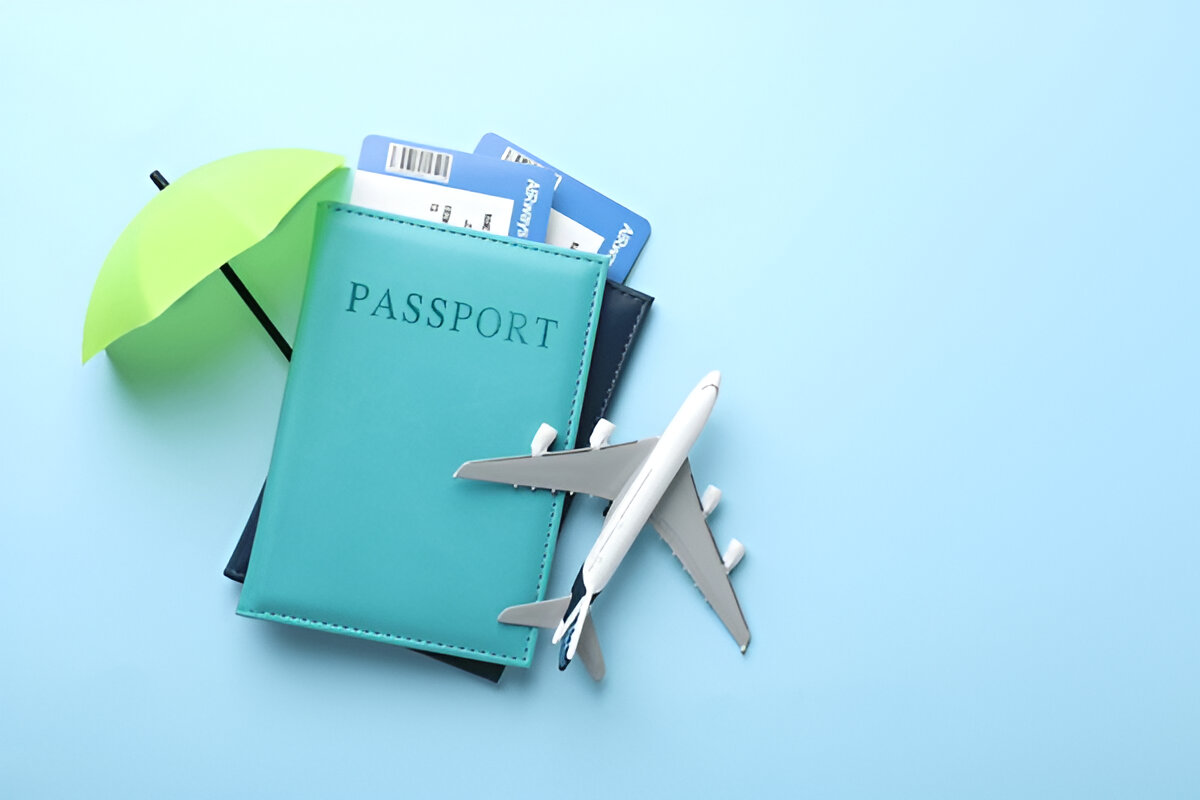
Traveling the globe offers unforgettable experiences, but unexpected events can turn your dream trip into a nightmare. From sudden illnesses and accidents to trip cancellations, weather disruptions, or lost luggage, risks abound. Comprehensive travel insurance and thorough medical preparation are your best defenses against these surprises. In this guide, you’ll discover how to select the right coverage, pack an effective health kit, and handle emergencies abroad, ensuring a safe and stress-free journey.
Understanding Travel Insurance Basics

Think of travel insurance as a safety net—a contract between you and an insurer designed to catch those financial and medical surprises that can happen on the road. But not all nets are woven the same. Policies vary widely, which is why it’s so important to speak the language: understand what premiums (your upfront cost) and deductibles (your out-of-pocket share) really mean for your budget. Pay close attention to coverage limits that cap what the insurer will pay, and always—always—scan the exclusions. This is especially critical if your idea of a good time comes from The Ultimate Guide to Extreme Adventures and Thrill-Seeking Travel, as many standard policies won’t cover high-risk activities like rock climbing or deep-sea diving. Doing this homework isn’t just about checking a box; it’s about ensuring your peace of mind is actually covered, so you can focus on the adventure, not the “what ifs.”
Types of Coverage You Need
Most comprehensive plans bundle several types of protection: Trip Cancellation/Interruption reimburses prepaid costs if you must cancel or cut short your trip due to illness, injury, or covered emergency. Emergency Medical Expenses covers hospital bills, doctor fees, and even ambulance rides overseas. Emergency Evacuation pays for medical transport to the nearest adequate facility, which can cost tens of thousands of dollars. Baggage Loss/Delay reimburses lost, stolen, or delayed items, including essential clothing and toiletries if your luggage doesn’t arrive on time.
Choosing the Right Policy for Your Trip
When selecting a plan, consider your destination, trip length, and planned activities. High-risk adventures like scuba diving or mountaineering often require specialized supplemental coverage. Your age and medical history matter—older travelers or those with chronic conditions might need policies that cover pre-existing conditions. Review policy exclusions carefully, especially regarding pandemic-related cancellations or quarantine costs. Compare quotes from multiple providers using reputable aggregators or consult an independent broker to find balanced coverage at a competitive price.
Key Medical Preparations Before Departure
Beyond insurance, proper health prep starts weeks before you leave. Research required and recommended vaccinations for your destination—visit a travel clinic or your doctor at least six weeks in advance. Refill prescription medications, and pack enough to last your trip plus extra in case of delays. Obtain a doctor’s note for any controlled substances to avoid customs issues. Consider preventive measures such as malaria prophylaxis or altitude sickness medication based on your itinerary. Familiarize yourself with local disease risks and safety guidelines published by agencies like the CDC or WHO.
Packing Your Travel Health Kit
A compact, well-stocked first-aid kit can be a lifesaver. Essentials include adhesive bandages, gauze pads, antiseptic wipes, medical tape, tweezers, safety pins, and a digital thermometer. Add over-the-counter pain relievers, anti-diarrheal agents, antihistamines, and motion sickness tablets. Don’t forget sunscreen, insect repellent with DEET or Picaridin, and oral rehydration salts. Store medications in their original packaging with labels intact. Use clear, zip-locked bags to keep items organized and visible during security checks.
Managing Chronic Conditions Abroad
If you have diabetes, asthma, or other chronic illnesses, extra planning is vital. Carry adequate supplies—insulin pens, inhalers, or other essential equipment—and know local brand names in case you need a refill overseas. Wear a medical ID bracelet and have a copy of your prescriptions and treatment plan translated into the local language. Research hospitals and clinics at your destination familiar with your condition, and have emergency contact information for your home doctor saved in multiple places.
Handling Emergencies While Traveling
No one expects a crisis, but being prepared reduces panic. Create a list of emergency contacts, including local ambulance services, the nearest embassy or consulate, and your insurance provider’s 24/7 hotline. Store digital copies of your passport, visa, insurance policy, and vaccination records on a secure cloud service. If you fall ill or face an accident, notify your insurer immediately—they can recommend reputable medical facilities and coordinate direct billing, reducing your up-front costs.
Staying Safe on the Go: Common Risks and Prevention
Different regions pose different health risks—unsafe drinking water, street food hygiene, high altitudes, or insect-borne diseases like dengue. Always drink bottled or purified water, steer clear of raw or undercooked foods, and practice good hand hygiene. Acclimatize gradually if traveling to high elevations to avoid altitude sickness. Use insect repellent, wear long sleeves and pants at dusk and dawn, and consider nets or permethrin-treated clothing in mosquito zones.
Digital Documentation and Record-Keeping
Digitally storing vital documents ensures you can access them anywhere. Scan your passport, visa, driver’s license, insurance policy, and vaccination certificates. Save encrypted copies on a cloud platform and email them to yourself. Keep a physical printed set in a separate bag from your originals. For Android and iOS, consider secure vault apps to store images and emergency contacts with password protection.
Navigating the Claims Process Smoothly

Filing a claim can be daunting without proper documentation. Immediately report incidents to your insurer, even if you’re unsure you’ll make a claim. Collect all receipts, medical reports, police reports (for theft or accidents), and proof of trip cancellation. Submit forms promptly—most policies have strict deadlines. Track your claim status online and keep copies of all communications. Patience and thorough documentation will help expedite reimbursement.
Insider Tips and Common Pitfalls
Beware of overly cheap policies that skimp on coverage limits or contain loopholes. Check reviews and financial ratings of insurers to ensure reliability. Don’t assume your annual multi-trip plan covers every adventure—some high-risk activities require add-ons. Keep an eye on policy renewal dates and coverage changes. Lastly, maintain a travel health journal to note any symptoms early, allowing swift medical intervention if needed.
Conclusion: Peace of Mind Starts Before You Depart
By investing time in selecting the right travel insurance policy and preparing a comprehensive medical plan, you equip yourself to handle nearly any emergency abroad. From vaccinations and first-aid kits to emergency contacts and digital backups, each step adds a layer of protection. With these strategies in place, you can focus on the joy of exploration, knowing you’re prepared for whatever comes your way. Safe travels!




Leave a Reply